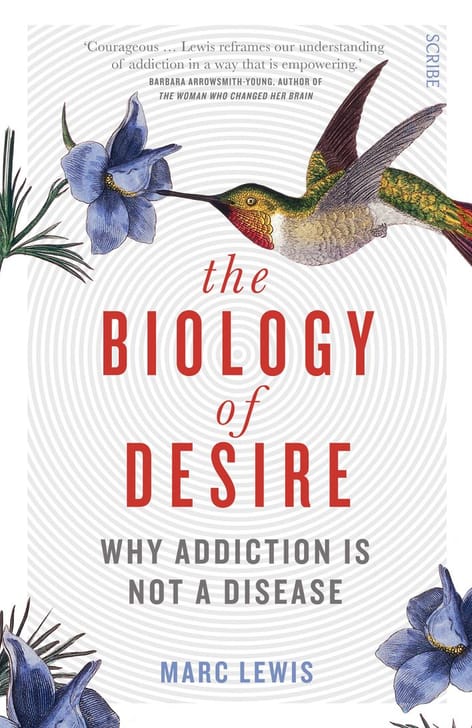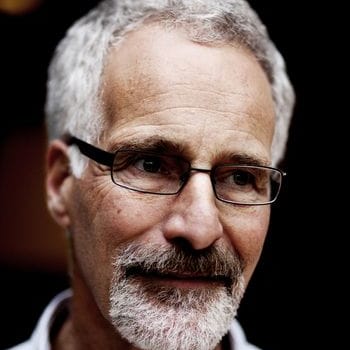The Biology of Desire:
why addiction is not a disease
Overview
Through the vivid, true stories of five addicts, a neuroscientist explains how addiction happens in the brain, and what we can do to overcome it.
The psychiatric establishment and rehab industry in the Western world have branded addiction a brain disease, based on evidence that brains change with drug use. But in The Biology of Desire, cognitive neuroscientist and former addict Marc Lewis makes a convincing case that the disease model has become an obstacle to healing.
Lewis reveals addiction as an unintended consequence of the brain doing what it’s supposed to do – seek pleasure and relief – in a world that’s not cooperating. Brains are designed to restructure themselves with normal learning and development, but this process is accelerated in addiction when highly attractive rewards are pursued repeatedly. Lewis shows why treatment based on the disease model so often fails, and how treatment can be retooled to achieve lasting recovery, given the realities of brain plasticity. Combining intimate human stories with clearly rendered scientific explanation, The Biology of Desire is enlightening and optimistic reading for anyone who has wrestled with addiction either personally or professionally.
Details
- Format
- Size
- Extent
- ISBN
- RRP
- Pub date
- Paperback
- 198mm x 129mm
- 256 pages
- 9781925228779
- GBP£9.99
- 14 July 2016
Awards
- Winner of the 2016 PROSE Award in Psychology
Praise
‘The most important study of addiction to be published for many years.’
‘A courageous and much needed voice in rethinking addiction — Lewis takes addiction out of a disease model and reframes it as a negative outcome of neuroplasticity. This model provides realistic hope, given that what has been learnt can be unlearnt by harnessing the principles of neuroplasticity. Through his intimate personal and professional knowledge of addiction, Lewis reframes our understanding of its mechanisms and nature in a way that is empowering.’

